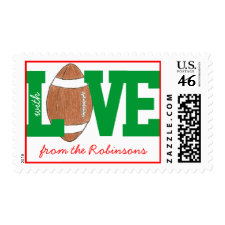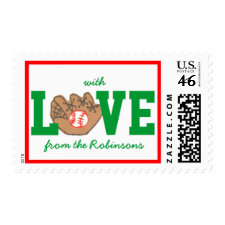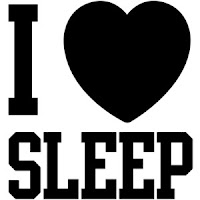 |
| (image: plainfield.patch.com) |
Greeting friends in the hall: A minor matter for most teens, but for those with
autism and other disabilities that affect
social interaction, it can take practice. And who better to practice with than
typical peers? Adults "don't have the same know-how or the insider information" as peers, said speech-language pathologist Christopher Spiel of the
Peer Communication Group he started two years ago at
Plainfield East High School in Illinois.
Teacher-recommended students who have a solid academic record and are known as good role models can trade study hall time for a chance to work with their special-needs peers twice a week, facilitated by Spiel and a social worker. Volunteers go through a two-hour training, and the group focuses on trust and relationship building before tackling specific skills. "Special education students [are] self-conscious and ... don't like to show their weakness," Spiel told
Plainfield Patch. "We spend a lot of time to develop trust."
Once a month, the students kick back together at Hang Time Club, which Spiel personally funds to give the special-education students a chance to snack, play games, and just enjoy people outside of their families.
A comment from peer helper Myles Walters is filled with the kind of natural sensitivity and respect that teens can bring to their peers with challenges: "I understand these kids are just like us, but they may not know these things."
The benefits go both ways. "We are all clicking." Walters added. "It's a joyful time."





















